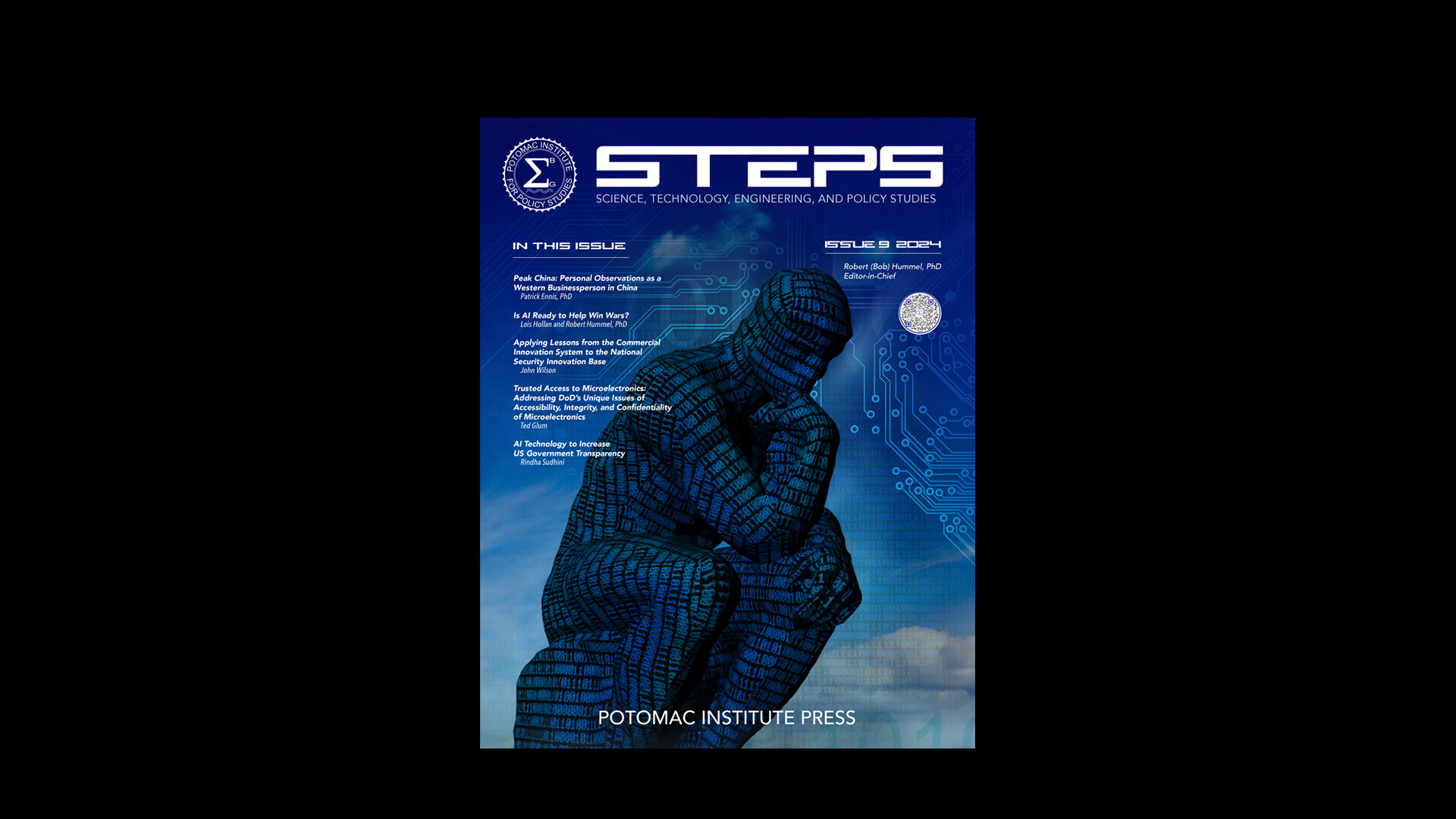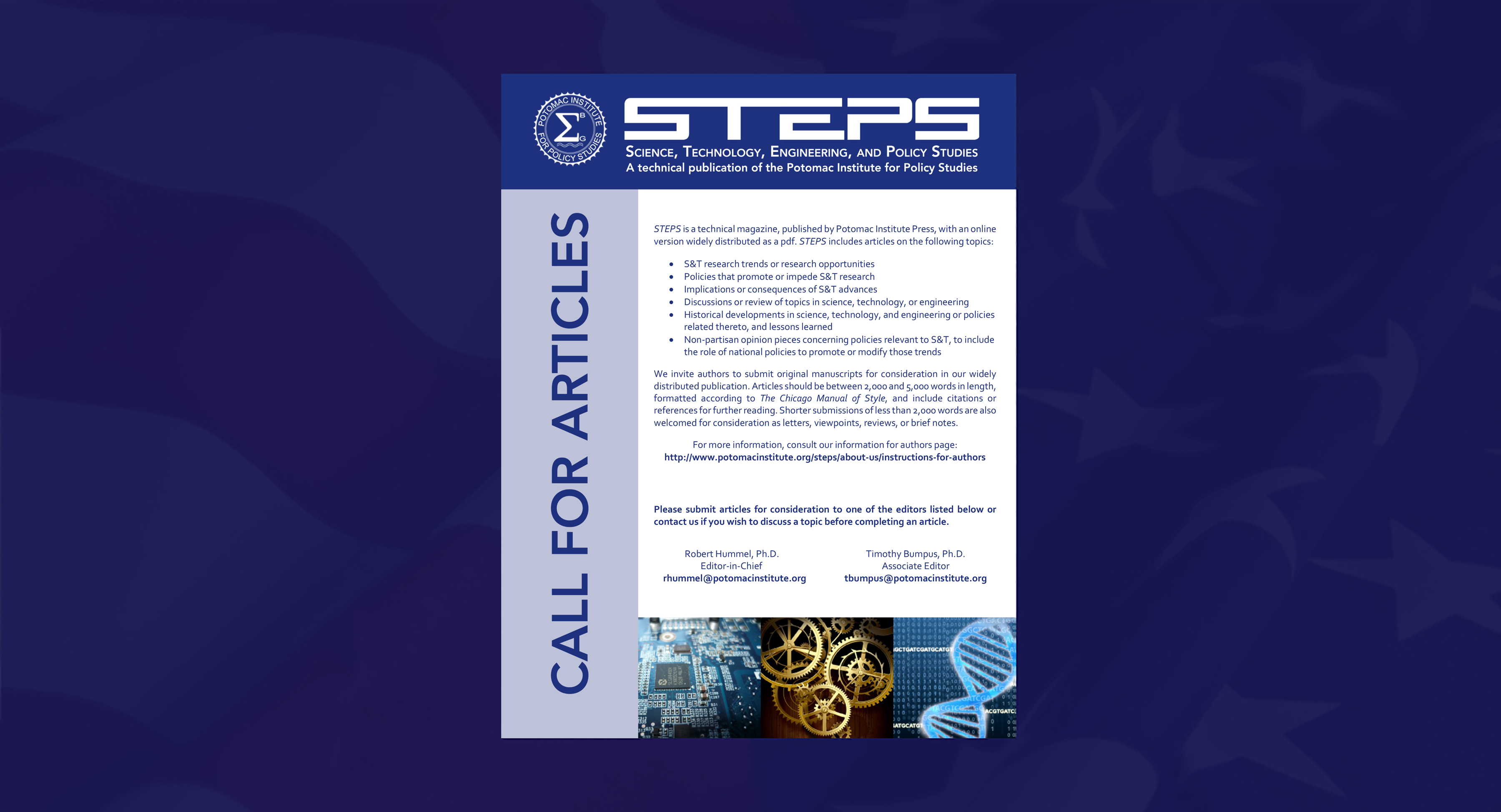The concept that all men are created equal suggests that all are due the same rights despite the disparity in their abilities whether natural or learned. Those rights are the right to life, liberty and the pursuit of happiness. And most people would agree that throughout the history of the United States that concept has served us well and is constantly in the back of the lawmakers mind. However, would the concept that all men are created equal continue to serve us well if the disparity in ability of men grew, not a disparity created by economic or educational factors but a disparity created by the very makeup of the human being?
The field of genetic engineering continues to grow and in the future we will develop the ability to manipulate the human genome. With these advancements comes the ability to create a human being that is vastly superior to ourselves. This genetically enhanced human being may be able to understand concepts and execute ideas more quickly and effectively than we could ever imagine. As a result, the unenhanced human being may be faced with a threat of inadequacy. How will these differences in abilities and the ability to succeed impact the way we govern?
The threat of a superior minority will most definitely have the potential to cause civil unrest and perhaps revolution, as we've seen time and again in history; a disturbance to the concept that all men are created equal. Lawmakers must recognize the inevitability of genetic enhancement and other disruptive technologies and their impact on our governance. Policies must be implemented that recognize the value of genetic enhancement while supporting the success of the unenhanced.
We recently read the novella, Beggars in Spain, and the story highlights the need for society to support even its lowest members. But how and to what extent? These are the questions that lawmakers will need to consider when the unenhanced become the lowest members of society.

















